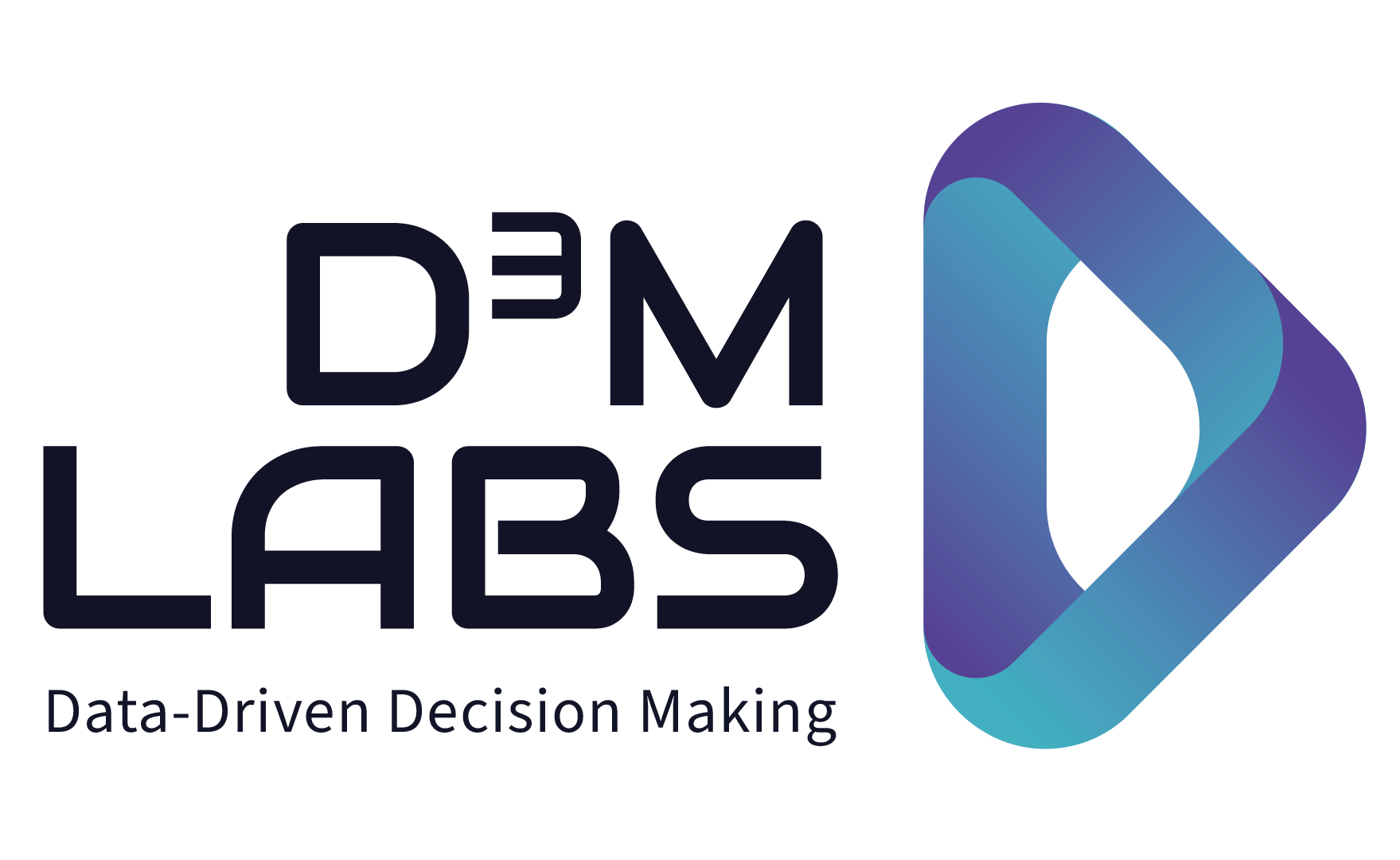How did you end up working as a Project Manager in the office of the Prime Minister of Israel?
I am an Israeli and had to go into the military at the age of 18, just after high school. In Israel, instead of going to University, we go directly to the military. Women have to do military service for 2 years, men for 3 years. I was a human resource officer at the Israeli Defense Force for 3 years. After that, I traveled before starting university.
At the intersection between people, innovation and technology is where I have always been.
As a generalist, I have a unique skill set that I take wherever I am and can connect the people with the right technology and innovation. This is something I did in the Prime Minister’s office, and it is something I do in any of my previous roles
What was your journey from the Israeli Military Defence Force to managing innovation programs and investment in early-stage startups in Berlin?
Being Israeli shaped my professional career. In Israel, you grow up in a very dynamic environment.
Once I told a colleague that if there is a bombing, it’s not a problem, I just go to the shelter.
“If somebody is throwing rockets, I’m not coming to work,” was the colleague’s response. In Israel, during the war, people go to work.
The economy still functions. People are used to a crazy situation. It makes you a little more creative in everything to do. You don’t take anything for granted here.
The education is very pro-technology In Israel. There is a willingness to accept technologies and different solutions. That is what makes the tech ecosystem so strong.
Israeli innovation comes from challenges that the country is facing. Innovation is a must have to survive.
Cyber security comes from the presence of external threats and the military. Half of Israel is a desert, so we have a lot of innovation in water. Smart mobility is big in Israel, because there is no Israeli car manufacturing industry, as there is in Germany.
How did you come to Germany?
I was working in the Israeli smart mobility ecosystem during the early days of the boom. In this role, I met a lot of German people from German corporations. I even met one of Angela Merkel’s advisors. Everybody came to Israel to look for innovative solutions.
My interest in the German economy got sparked, and I started working at HubRaum, the Innovation Hub for Deutsche Telekom. I was scouting Israeli technology. At that point, I thought about the next step. In order to develop my career, I could either do an MBA or move abroad. I am a more practical person, so I moved to Berlin in 2019.
When I told my peers they said, “There is no tech. No startups. What are you going to do” Now Berlin’s startup ecosystem is big. I grew with the ecosystem.
How do you evaluate the data functions and how companies use data when evaluating investments?
We are investing pre money, pre product, pre-revenues. our aim is to invest in the best founders with an idea for a scalable product that is targeting a huge market
There’s not a lot of data so early on. What is important is not the data, but what you make out of it, especially the conversion funnel.
How do you evaluate how data itself is part of the innovation?
Innovation is the practical implementation of ideas that result in the introduction of new goods or services or improvement in offering goods or services.
Data is a tool to create, foster, accelerate innovation, but data is not the innovation.
As an investor in B2B businesses, we want to see if people will pay for your product.
Ultimately, we want to see product-market fit, revenue and growth. Data will get you there faster.
Data should be answering questions such as:
Who is using the product? At what time? For how long? Which feature? etc.
Who doesn’t use your product and why.?
How can you increase sales or generate more revenue from customer relationship management?
The right customer segmentation is also important.
Saas companies hold enormous amounts of data, but you need to know what to do with this data. Based on data, a company can make smart decisions and grow.
There are some startups who focus on getting value from data, such as Datacy or COHO AI.
What are some tips for entrepreneurs and managers when starting to build a data and / or AI competency?
Understand to whom you are selling. Who are the people who have such pain that they are willing to pay? What is it that they want to understand from their data?
Don’t fall in love with your product, fall in love with the problem.
My approach is from sales, customers, business development. You don’t need to follow your gut but to follow the data that will lead you to make data-driven decisions about your company. You can be the best consultant for your client. As a client, customer success people can be your best friend, if they already know what features you are using, when you use the product. With data, the company can be your partner.
Always look at a use case from the eyes of the client.
B2B sales requires intelligence and the need to use data. It is easier to retain your clients than to onboard new clients. With data, you can save money by retaining your clients and not having to acquire new ones.
How is the data culture different in Israel than in Germany?
Data is a challenging topic in Germany because of GDPR etc. People in Israel are less cautious about giving data to make their daily lives more comfortable.
How is the innovation culture different in Israel than in Germany?
German companies often won’t launch the product until it’s 150% ready. In Israel, they can launch a product that is 50% ready. The intention is often to be the first, then improve iteratively. In Israel, it is better to be out there than to have the most perfect product.
People don’t have time. Tomorrow somebody will bomb us, maybe. If we have something good, we release it.
Done is better than perfect. And sometimes it’s not even done.
Tech celebrities exist in Israel and the US. The general public knows people in tech in the US and Israel well. Most Germans don’t know who started Zalando, for example.
In Israel, innovation and technology tends to solve an urgent issue. 80 million people live in Germany vs 10 million In Israel. Some of the most innovative and technology driven startups are in cyber security, mobility, water etc which are some of the biggest challenges of Israel. The most dominant tech companies in the Israeli ecosystems are the ones solving Israel biggest threats.
In Israel, technology comes from the military and spills over into civilian life. You don’t see the spillover of tech coming from the Bundeswehr as much.
Israeli startups are often in B2B deep tech, looking to disruptive technology. In Germany, the startups tend to be in B2C, looking for disruption in business models.
Germany is an old economy with lots of small and medium enterprises, SMEs, the Mittlestand. Israel is a new economy and does not have that established corporate layer. In Israel, you go out of university and start a startup or join a startup.
In Israel, Innovation spills over into the economy from academia. Academia, investors, and industry are the same people in Israel. In Germany, academia is a major source of research, but it stays in academia.
What are some secrets to your success?
Being authentic. As a direct and outspoken person, bringing my diverse background, culture, and being direct and honest have enabled me to connect with people, which has opened many doors for me professionally and personally.
Realizing that being authentic enables people to click and connect with me, opened the doors to so many opportunities.
Who is Mor Eini?

In my role at APX, one of Europe‘s leading early-stage investors, I´m connecting hundreds of founders, investors and industry leaders through in-person events in ways that have led to client relationships, investments and long-term bonds between like-minded people. The initiatives have generated revenues of tens of millions of euros for APX’s portfolio companies leading to commercial scale.
I managed the early stage investment vehicle of Deutsche Telekom in Israel in my previous role and previously I was leading the largest smart mobility tech ecosystem in Israel.
I served at the Israeli Defense Force as an officer and managed all aspects of human resources of more than 800 soldiers and commanders in a field unit.
I hold a Double Bachelors Degree in International Relations and the Middle East and Islamic Studies, Hebrew University of Jerusalem, Israel.
LinkedIn: https://www.linkedin.com/in/moreini
